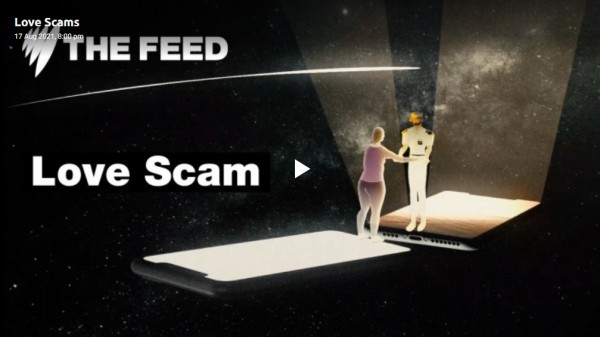Scammers take advantage of people looking for romantic partners, often via dating websites, apps or social media by pretending to be prospective companions. They play on emotional triggers to get you to provide money, gifts or personal details..
Dating and romance scams may also use email to make contact and they have even been known to telephone their victims as a first introduction. These scams are also known as ‘catfishing’.
Australians lose millions of dollars every year to romance fraud, with most scammers targeting people on social media, email or websites.
Scammers will often create very realistic profiles online, and will share information to seem quite legitimate. They are likely to target over 45s who are looking for relationships and are in a comfortable financial position.
Scammers will aim to gain your trust and friendship, and will then seek an opportunity to ask for assistance to pay for flights, medical bills etc.
Consumer Affairs regulators are urging consumers to stay vigilant online, particularly while engaging with international persons. Follow these simple tips to help recognise a scammer:
- Be open to the idea that scammers are prevalent online.
- Be wary of anyone who asks you for money. This can happen within days, weeks or months of meeting someone online. Never transfer money via direct deposit, money order or international transfer.
- Do a reverse image search of the person’s profile picture. You can do this via Google images by clicking on the camera icon on the desktop version of the site’s search bar. Alternatively you can use Tin Eye. A reverse image search can help you identify if the image has been taken from someone else, or belongs to a few people with different names.
- Be careful about the amount of personal information you share and avoid sharing compromising material, which scammers can use to blackmail you.
- If you agree to meet someone in person, make sure you let your family and friends know where you will be going.
WA ScamNet wants to ensure people report any incidents of scams, which provides valuable information to track the latest way scammers are trying to deceive Australians.
Case Study: Fay and Captain Thomas Steve
While struggling within the confines of an abusive relationship, Fay fell in love with someone else online. Desperate to be with them, she started the process of international visa applications. And then it all fell apart. Source: SBS The Feed.
Video: Surviving a love scam | SBS The Feed - YouTube
Article: Fay fell in love with the captain of a cargo ship | SBS The Feed
-

Online blackmail
Read More...Scammers are attempting to blackmail people using compromising images of them after scammers made contact using dating websites or social networking sites like Facebook.
-

Catfishing
Read More...The phenomenon known as catfishing is a uniquely modern one: a single lie, enabled by the cloak of technology that stretches, morphs and multiplies until whole personas are fabricated, emotions are manipulated and hearts are broken.
-

Fake social media profiles
Read More...Dating and romance scams often take place through online dating websites, but scammers may also use social media or email to make contact
-

Sugar baby scam
Read More...Not familiar with “sugaring”, you’re not alone. It’s a growing trend where younger women and men (sugar babies) look for an older “sugar daddy” or “sugar momma” to pay them in gifts or cash in exchange for companionship.





